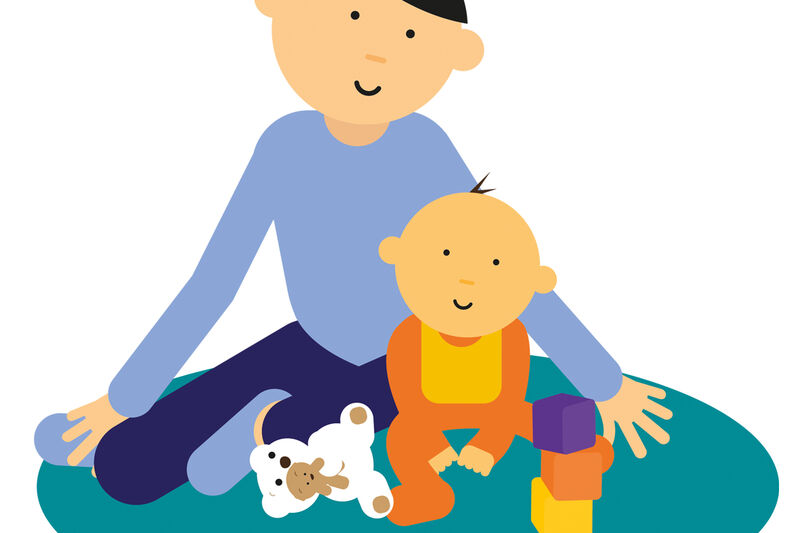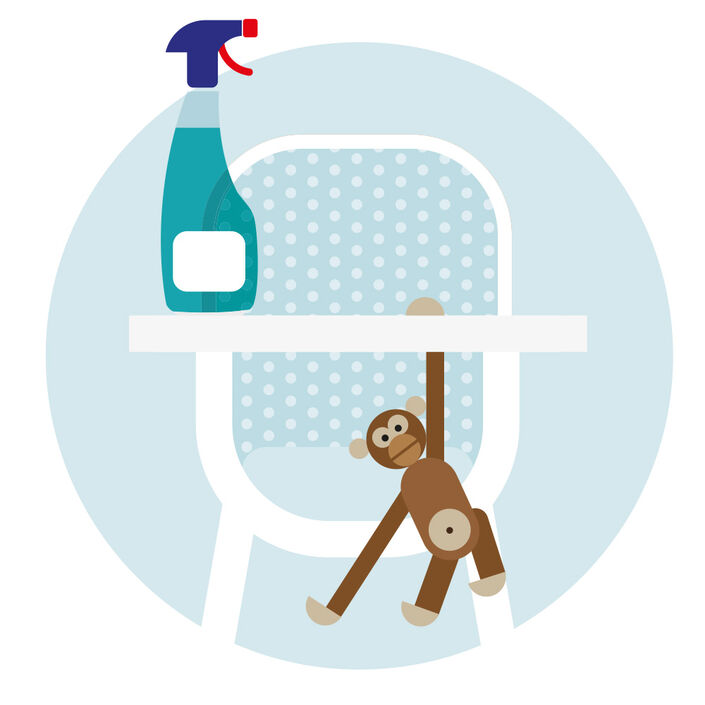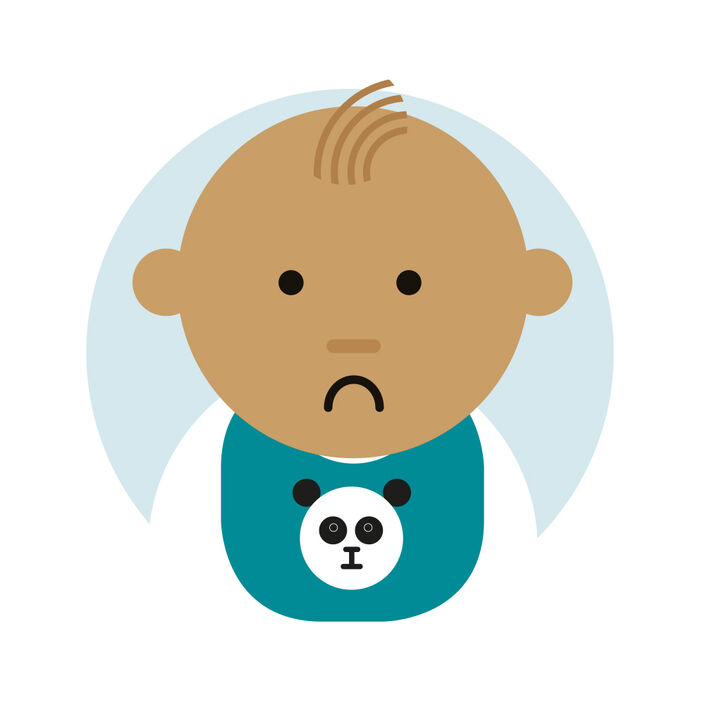Is my premature or sick baby at greater risk of catching common winter illnesses?
A baby born premature will have had less time to develop their immune system. This means they may be more likely to catch infections and the risk of serious illness can be higher.
Babies born full term with respiratory or lung conditions may also be at higher risk of becoming more unwell from common infectious illnesses.
Don’t worry though, we have provided a number of things you can do to help your baby avoid infection.
For some illnesses, such as the flu or measles, vaccines may be offered to help protect against serious illness. Vaccines may also be offered to babies with medical conditions, such as chronic lung disease (CLD). We have more information about vaccines.
See our pages on common infectious illnesses for more information.
Are there less illnesses around in spring and summer?
Cold, flu and other viruses circulate all year round but spread more easily in the winter months. This is because people tend to gather together inside where there is less ventilation.
Flu season usually peaks in January or February but can continue into the spring. To protect your baby from common infections, it’s best to try and avoid busy places and keep them away from anyone with obvious signs of being unwell.
Can spotting symptoms be more difficult on some skin tones?
The symptoms of some common winter illnesses can be harder to spot Black, Brown and darker skin tone.
Skin Deep have a collection of photos for symptoms of a number of illnesses and medical conditions, showing how they present on different skin tones.
How will I know the difference between a cold and RSV?
You may not know if your baby has a regular cold or respiratory syncytial virus (RSV)
because the symptoms of RSV are very similar to a cold. Here are some signs that an infection is affecting the lungs, and your baby may need medical treatment:
- A cough that gets worse
- Wheezing – a whistling sound when breathing out
- Difficulty or distress when breathing
- Reduction in feeding and drinking because of breathing difficulties.
Visit our RSV page for more information. Remember, as with any illness, you should contact your health visitor, GP or NHS 111 when you are concerned.
My baby seems hot and feverish. Should I worry?
A fever is a temperature over 38C and is a sign that the body is fighting off an infection, such as a cough or a cold. Fevers are quite common in babies and young children. A baby’s normal temperature is around 36.4C.
A fever will usually go away after 3 or 4 days without treatment. Make sure that your baby has enough fluids to stop them becoming dehydrated.
If there are other signs of illness along with the fever, such as a rash, or their temperature is above 39C, contact your GP or NHS 111. For more information about fever and when to seek medical advice, visit the NHS website.
Shall I keep my baby wrapped up to protect them from illness?
Illnesses such as coughs and colds are caused by viruses, not from being cold or getting caught in the rain. This means that extra layers or blankets won’t stop your baby from catching a virus.
In fact, wrapping them up too much may overheat them, which may make them uncomfortable and appear feverish.
How can I be sure that vaccines are safe?
All adults, children and babies experience illnesses. When we catch infections we become protected from future infection because our bodies develop things called ‘antibodies’ to fight infections.
Vaccines teach our immune system to create the antibodies we need to fight infections.
Vaccines go through strict trials and tests ahead of approval and are closely monitored by the Medicines and Healthcare products Regulatory Agency.
Vaccines are not recommended for everyone, for example, people who have had an allergic reaction to the ingredients in the vaccine. The NHS recommends that babies and children follow this vaccination schedule
to protect them from childhood illnesses. You should discuss any concerns you have with your health visitor or GP.



